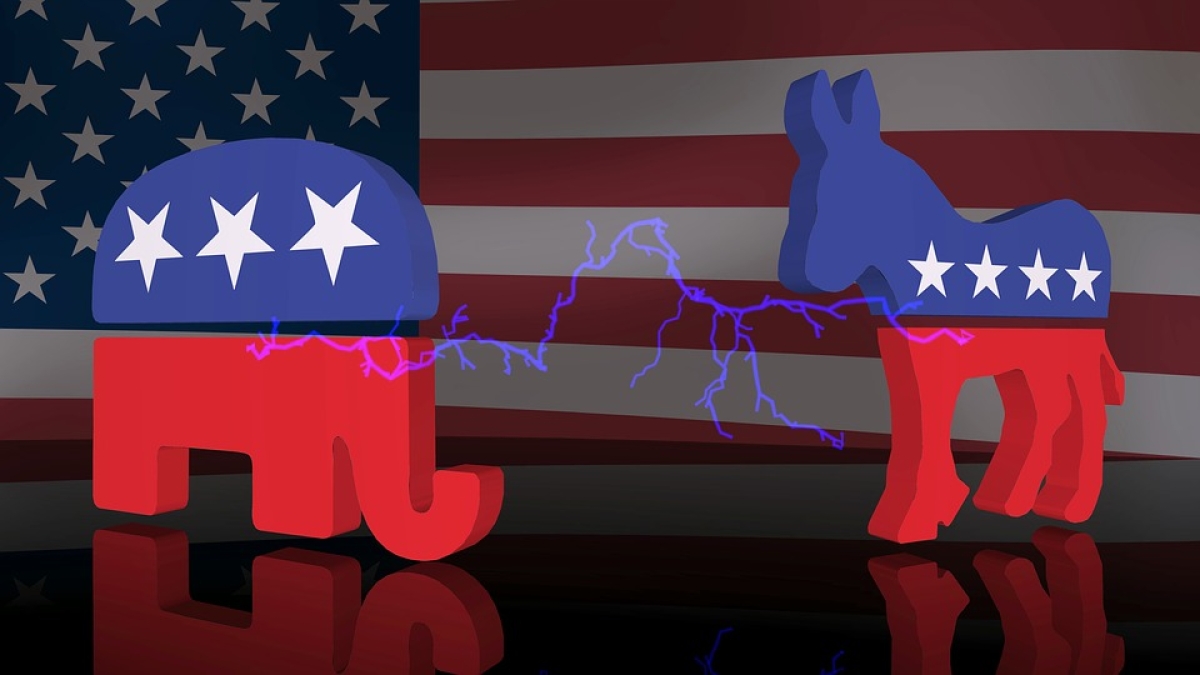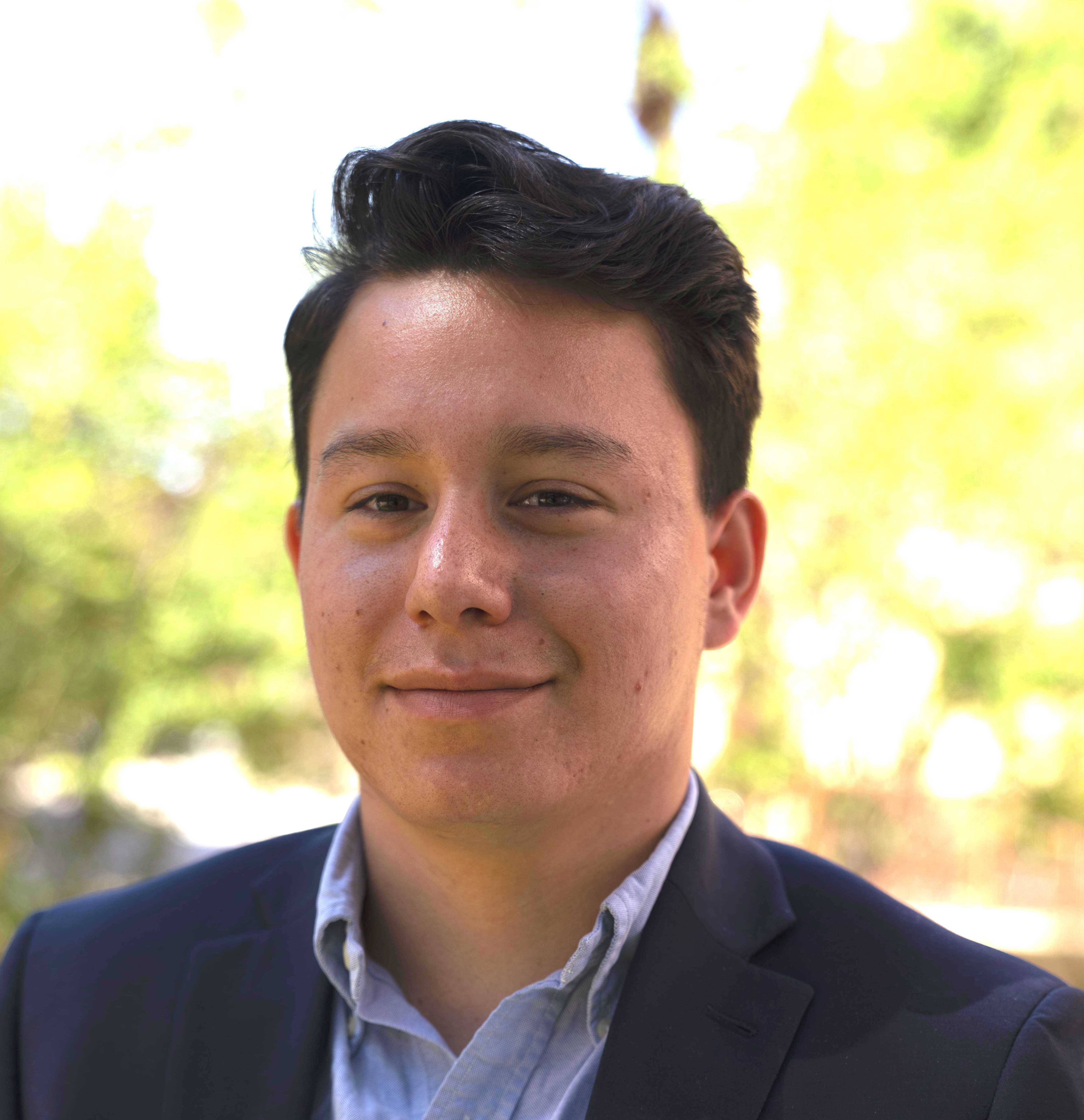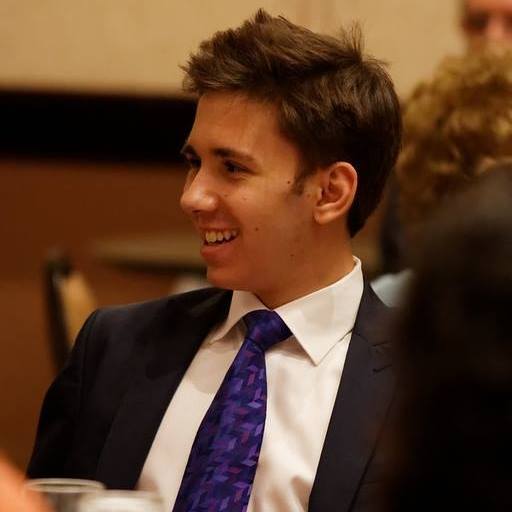Early voting for the Nov. 6 midterms is underway, and pollsters are predicting record turnouts. Many believe this election will make history, and people are voting at three times the rate of the 2014 midterms, according to a variety of reports.
The wild card of the pack, as ever, are young voters in the 18-24 age range — known as millennials and Generation Z. Getting young adults to cast ballots in elections, especially midterms, has historically been a chore. That's because they tend to move more and are less likely to be connected to their communities. They also claim their vote doesn't really count.
But that's not really true.
According to a Pew Research Center study conducted this past April, millennials are expected to exceed baby boomers in 2019 as this country's largest living adult generation in their share of the American electorate. Millennials made up 27 percent of the voting-eligible population in 2016, while boomers made up 31 percent. This year could be the tipping point — if they decide to cast their ballots.
Registration numbers among Arizona's young voters is slightly up this election, according to Garrett Archer, senior analyist for the Arizona Secretary of State's office.
"Because of their growth in registration, there's room for them to have an influence on the election," Archer said.
Two Arizona State University students — Jesse Avalos and Judah Waxelbaum — are doing everything they can to convince their peers that their vote counts.
Avalos, president of the Young Democrats, and Waxelbaum, chairperson of the Arizona Federation of College Republicans, agreed to talk to ASU Now about their opposing views, their love of civic engagement and what they’ll be doing to get others active as the 2018 midterms beckon.
Jesse Avalos
Question: Was there a specific incident or event that drew you to politics in your youth?
Jesse Avalos: Back in high school, my humanities teachers would always talk about the importance of politics. They would assign us to read local news articles on local elections and write summaries on candidates. It is through this I was able to explore the importance of elections and how they made an impact on me. I realized I did not want to just look at politics but see what role it plays in my life as well.
Judah Waxelbaum: There was not one specific event that got me involved in politics. I joined my high school’s Teenage Republican club my junior year and have been involved since. Through Teenage Republicans I developed my love for civic engagement and activism. It quickly became a large part of my life; in 2017 I was awarded Outstanding Teenage Republican in Arizona and Outstanding Teenage Republican in the Nation.
Q: Why did you join your specific party?
JA: I joined the Democratic Party right when I turned 18. A big reason why I joined was because it was the party that focused on expanding opportunities. Making sure that everyone could have a fair shot at the American Dream. Leaders such as Lyndon B. Johnson and Barack Obama inspired me as well throughout my life.
JW: I believe in personal responsibility, individual freedom and limited government. I am a member of the Republican Party because I believe in those core values. A country where anyone from anywhere can do anything is what the Republican Party strives for, and that is what I want for our great nation.
Q: What are the attributes and traits of your party that you most admire and respect the most?
JA: The emphasis on community and diversity. I admire this because it encourages different outlooks and perspectives when it comes to making important decisions. All of this is what I respect out of the party; they are always trying to bring new insights with bringing everyone at the table.
JW: One of my favorite traits about the Republican Party is the diverse set of ideas within. The Republican Party is a big tent that contains many types of Republicans. The fact that as a party we are willing to debate and discus issues is one of our best features. We do not all just simply follow along; we speak our minds and find common ground as a party.
Q: What do you feel are the main issues going into the Nov. 6 election, and what would be your ultimate outcome?
JA: Key issues going into the midterm elections are going to be health care and immigration. If Democrats take both chambers, they will continue to fight for solutions. End goals would be on pushing for affordable health care and working on comprehensive immigration reform.
JW: The main issues we are debating going into this election are health care, border security and the economy. The best outcome would be the Republicans maintain control of the House and Senate. We are moving in a great direction right now and I hope we keep making progress without delay. The economy is reaching new records every day; unemployment is at a 40-plus-year low. We are witnessing arguably the best economy in our history.
Judah Waxelbaum
Q: Why do you think so many young people are apathetic toward politics?
JA: People do not feel that the current system is working for them. Change is not occurring as fast as they want it to for them. They feel important actions such as voting do not hold value, which leads towards a disassociation with politics. Currently I define the current crisis of apathy as “people not being engaged in politics.”
JW: Many young people either think their vote does not matter or that policy does not impact them. Those notions could not be further from the truth. Everyone’s vote matters because policy crafted by our elected officials dictates many aspects of our lives. Many elections this cycle will be decided by fewer votes than students in a lecture course. Anyone’s vote could be the vote that tips our nation one way or another.
Q: What will you be doing to get students to go out and vote?
JA: Engaging with as many students on and off campus in helping them understand the importance of their vote. Educating them on voting and communicating on what is at stake this election season. Hosting voter-registration drives with students as well.
JW: The Arizona Federation of College Republicans works to get students involved throughout Arizona through civic engagement and activism. At Arizona State we hold a weekly meeting along with weekly phone banks and candidate walks. We will be reminding as many students as possible to vote via social media and on campus events. We bring in a wide range of Republican officials and candidates to talk about the issues facing Arizona and learn how we can get involved to make a difference. It is our goal to make politics fun and engaging for everyone because it impacts everyone.
Top illustration courtesy of Pixabay
More Law, journalism and politics
Can elections results be counted quickly yet reliably?
Election results that are released as quickly as the public demands but are reliable enough to earn wide acceptance may not always be possible.At least that's what a bipartisan panel of elections…
Spring break trip to Hawaiʻi provides insight into Indigenous law
A group of Arizona State University law students spent a week in Hawaiʻi for spring break. And while they did take in some of the sites, sounds and tastes of the tropical destination, the trip…

LA journalists and officials gather to connect and salute fire coverage
Recognition of Los Angeles-area media coverage of the region’s January wildfires was the primary message as hundreds gathered at ASU California Center Broadway for an annual convening of journalists…




